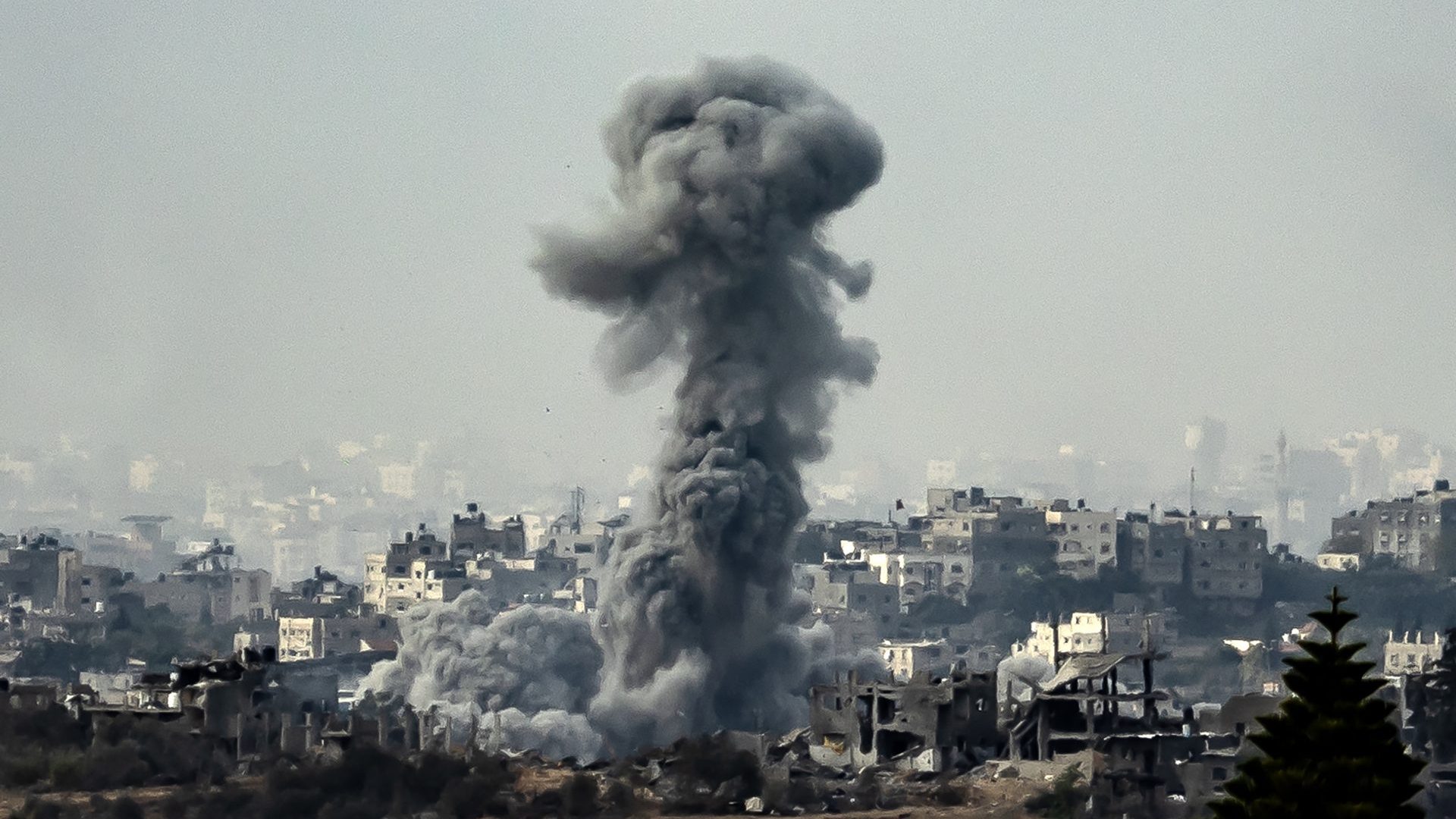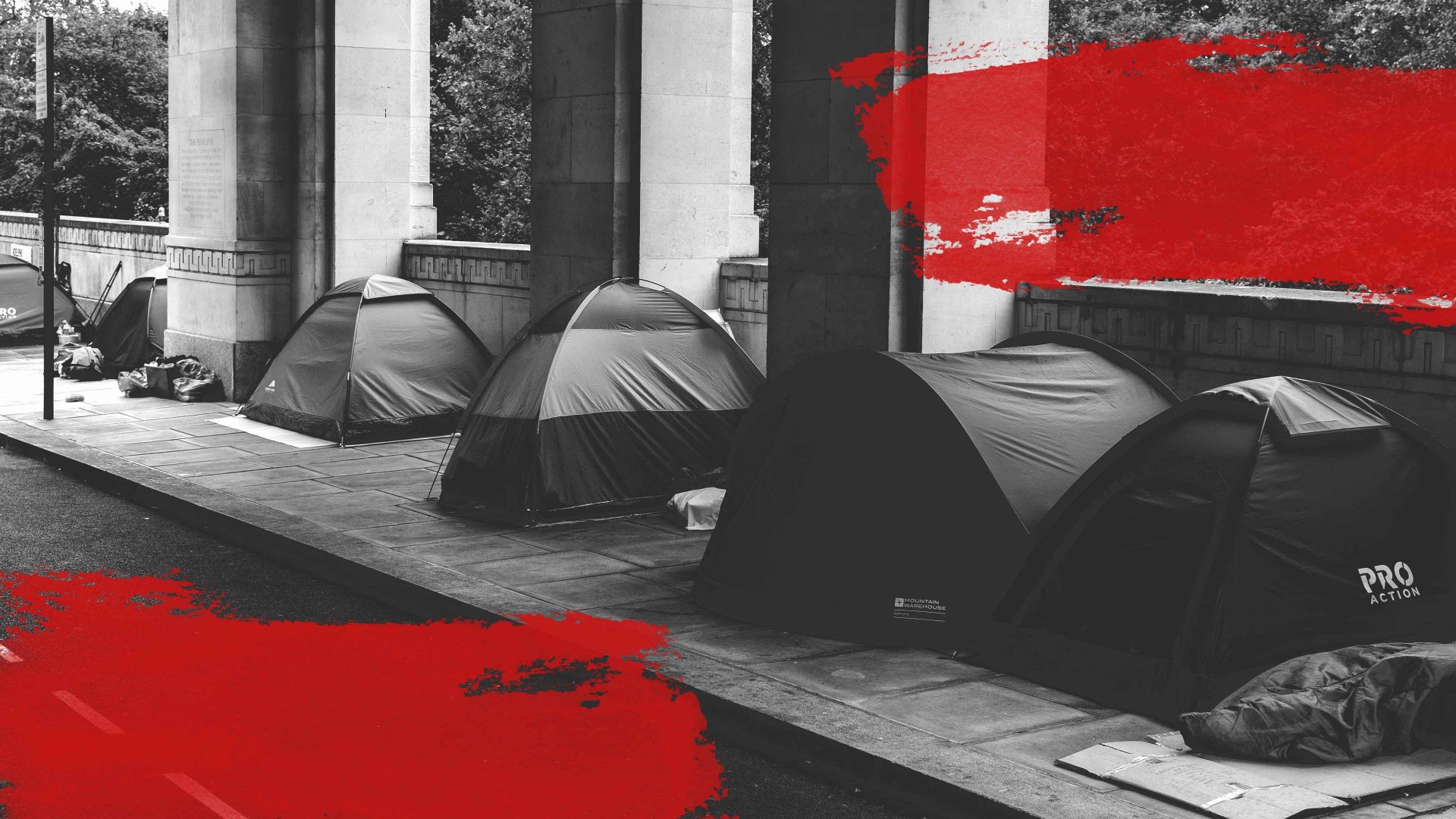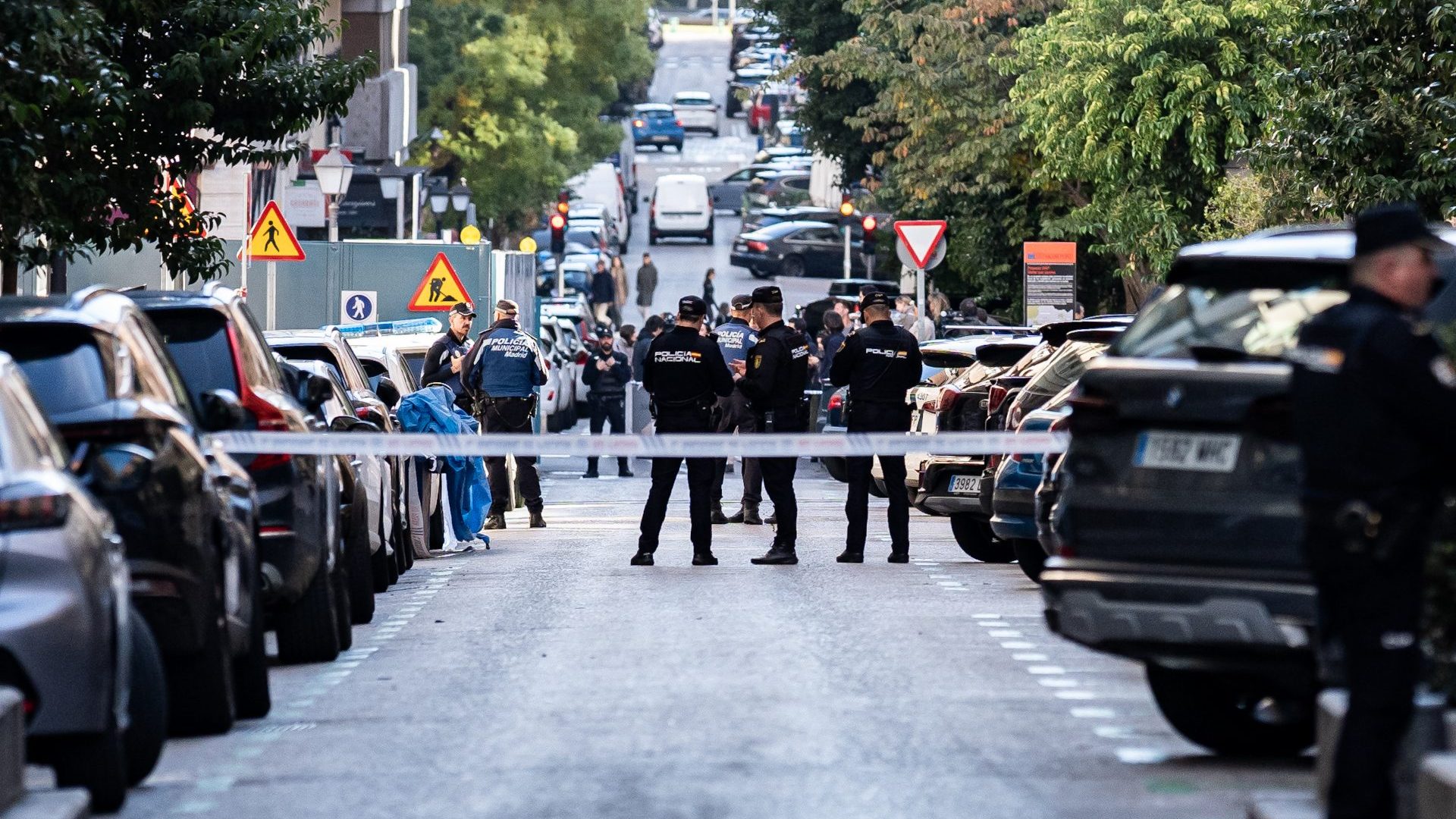When Anzac troops fought the Ottoman army in Gaza, in 1917, they did so over a terrain of sand and rock. Even in 1948, at Israel’s foundation, the maps designated all land between the coast and the single road as “sand dunes”. The placenames currently being seared into our brains by harrowing footage – Gaza City, Khan Yunis, Jabalia and Rafah – were little more than villages back then. Today they are some of the most densely populated urban spaces on earth.
As we watch the IDF’s bulldozers turn large parts of Gaza’s landscape back to sand and rubble, the obvious question is: can it ever be rebuilt? Benjamin Netanyahu promises, contrary to the fantasies of the far-right and settler movements, that Israel will not occupy Gaza long-term once Hamas is defeated.
But long before the current war began, Israel maintained absolute control over Gaza’s trade, customs, tax system and public spending. Under the 1994 Paris Protocol, neither the Palestinian Authority (PA) nor the Hamas administration in Gaza can trade independently with the outside world. They are part of a customs union under Israel’s control. Nor can Palestinians assert their rights over territorial waters and the resources that lie beneath, which turn out to be pretty huge.
According to Unctad, around 20km off the Gaza coastline lie 122tn cubic feet of natural gas, and 1.7bn recoverable barrels of oil. At pre-Ukraine war prices the total value of untapped fossil fuel deposits in the Levant Basin stood at $524bn.
A real and lasting peace, with a recognised Palestinian state in Gaza and the West Bank, could trigger an oil and gas bonanza. Even if Palestine’s share of those resources was just a fraction of the whole (with all states in the Eastern Mediterranean vying for their slice), that could put the survivors of the current hellscape on a path to economic development they’ve been debarred from up to now.
The stark fact is that Gaza can only ever be rebuilt if Israel decides it can do so. And Palestine could only end its dependency on Arab countries and developed world donations if it could develop its shattered economy, educate its people and gain access to its own natural resources.
So the west’s newfound interest in the two-state solution has to be about more than the formalities. Palestine is only viable as a state if Gaza, with its full fishing and mineral exploitation rights, regains the untrammelled ability to trade, raise taxes and spend them independently of Israel. Even then, it will need massive inward investment, front-loaded with development aid to keep 2.3 million people alive in the shattered remnants of a war zone.
Which makes the paralysis of the west, faced with such issues, nothing short of a disgrace. It looks as if Anthony Blinken has ruled out American support for a permanent Israeli occupation of Gaza. What a Trump 2.0 administration might do in that regard does not bear consideration.
France, Britain, Germany and the USA have all made noises about the need to kickstart the two states resolution process. But no western power, as yet, has even committed to the principle that the PA should administer post-Hamas Gaza, for the obvious reason that it could not do so without externally provided troops, police, weapons and money.
It is clear that Israel has entered Gaza without a coherent “theory of victory”. It knows what the military defeat of Hamas might look like, but has no agreed vision for what the political day after might bring. And as Israeli tanks reach the crowded courtyards of major hospitals, this is an urgent problem in itself.
But it pales beside the challenge of who will fund and manage the PA’s transition to statehood – leaving aside what borders can be agreed in the West Bank. Veterans of post-conflict reconstruction after 2008 cite, for example, Israel’s decision to ban the supply of macaroni once the fighting ended, and say it took months for entirely justified and legal humanitarian aid to begin flowing.
“Settler colonialism” has come in for justified criticism since the war began: it is being used by some protesters to justify the project of destroying the Israeli state. But the political economy of Gaza’s subordination to Israel deserves a label. Sara Roy, who has spent a lifetime studying the Strip, calls it “de-development”: “The deliberate, systematic and progressive dismemberment of an indigenous economy by a dominant one, where economic – and by extension, societal – potential is not only distorted but denied.”
Gaza, she insists, has an economy of fragments that cannot cohere into a whole. I saw the results there during the 2014 war: a generation of young people with no access to the travel and personal connections their peers enjoy. An emaciated tech sector and an outsize carpentry workforce. I remember, during one ceasefire, a few, forlorn members of Gaza’s surf club holding their boards aloft for the cameras, as if to symbolise the untapped potential.
I support Israel’s right to defeat Hamas. I am appalled at the loss of civilian life, which looks to be the result of targeting decisions that do not pass the legal test of proportionality and necessity.
But once the fighting ends, the entire global community needs to recognise that the humanitarian rescue operation cannot be the prelude to further decades of dependency. It was an economy dependent on Israeli control, plus Iranian and Arab state handouts, that ultimately solidified Hamas as a social and civic power.
If we don’t want to repeat the cycle, Palestine needs the swiftest possible route to economic sovereignty and statehood.




